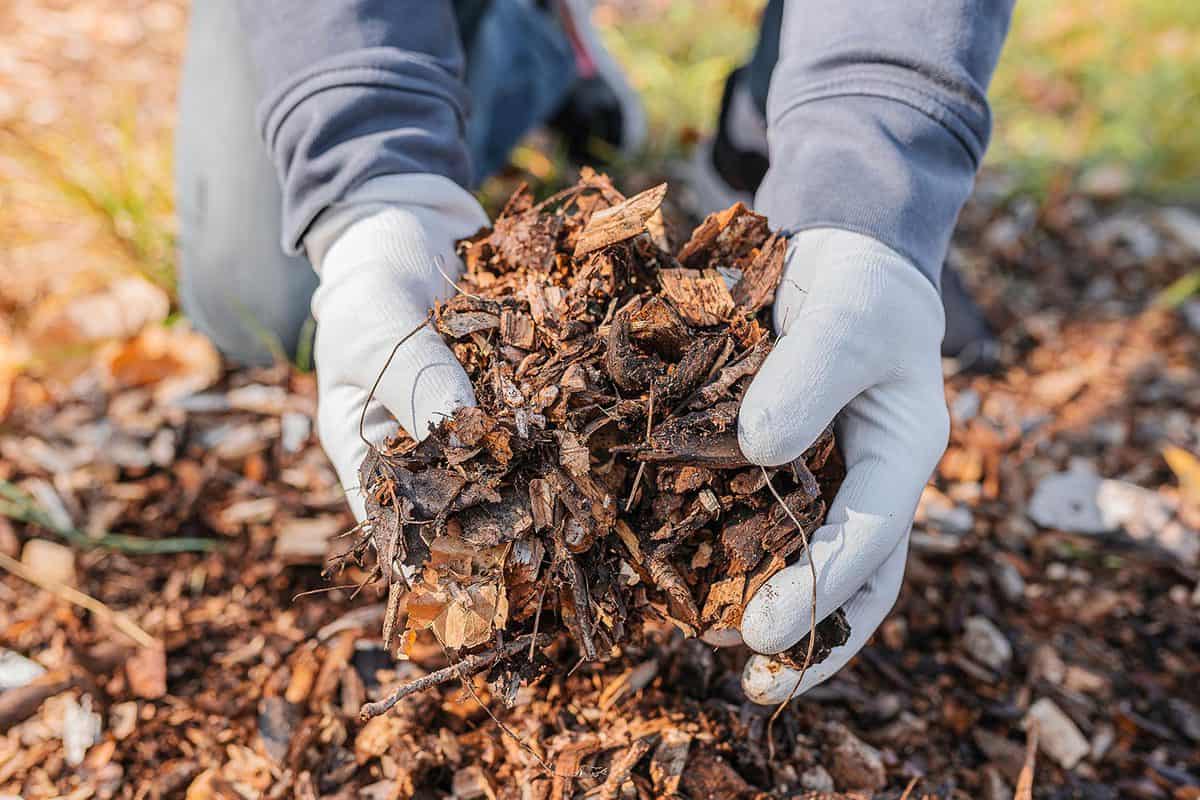The smart Trick of "From Trash to Treasure: Transforming Kitchen Waste into Gardening Gold with Composting" That Nobody is Discussing

Composting is an exceptional technique to take care of organic misuse and develop nutrient-rich dirt for your landscape. Not simply does it lower the quantity of waste that goes into landfills, but it also helps boost soil quality and ensure a lasting lifestyle. If you're brand new to composting, this novice's quick guide will definitely help you get began on your journey towards maintainable misuse administration.
1. Select the Right Compost Bin
Before you begin composting, you'll require to pick the right compost container for your requirements. There are various choices on call, consisting of conventional cans, stemless glass, and vermicomposting systems. Take into consideration variables such as area accessibility, benefit, and the quantity of rubbish generated in your family when producing your decision.
2. Understand What May Be Composted
To make sure successful decay and avoid any type of unpleasant scents or bug, it's critical to recognize what can be composted. Usually, a lot of all natural materials can be composted, such as fruit product and veggie junks, coffee grounds, herbal tea vacation, eggshells, lawn trimmings (turf cuttings and leaves), shredded newspaper or cardboard (non-glossy), and wood potato chips. Nonetheless, prevent incorporating chicken products or dairy things as they might attract rodents.
3. Develop a Balanced Mix
A productive garden compost heap calls for a balanced mix of "eco-friendly" (nitrogen-rich) and "brownish" (carbon-rich) products. Green materials include clean turf cuttings or kitchen space fragments like fruit product peeling or coffee premises - these offer nitrogen for putrefaction methods. Brownish components comprise of completely dry vacation or shredded paper - these offer carbon dioxide for energy in the course of decay.
4. Dice It Up
To hasten up the decay process, it's favorable to chop up much larger items of all natural refuse in to much smaller littles prior to adding them to your garden compost heap or can. This boosts the area region available for microbes to crack down the component extra effectively.
5. Layering Approach
When including products to your garden compost container, it's finest to use a layering technique. Begin along with a level of brownish materials, observed by a level of eco-friendly products, and repeat until you've made use of up all your compostable waste. This technique aids preserve the right equilibrium of carbon and nitrogen in your compost heap.
6. Moisture Management
To make sure appropriate disintegration, it's significant to sustain the ideal moisture level in your compost pile. The excellent moisture web content must be comparable to that of a wrung-out sponge - moist but not soaked. If your garden compost is too dry out, incorporate water; if it's also damp, incorporate even more brownish components to soak up excess moisture.
7. Transforming the Stack
Switching or freshening your compost heap is crucial for offering air to the microorganisms responsible for decay. Consistently blend or transform the heap every few weeks utilizing a pitchfork or shovel. This method assists speed up disintegration and protects against uncomfortable stenches from developing.
8. Patience is Vital
Composting is not an through the night procedure; it takes time for organic materials to decompose entirely into abundant, black compost – the end product of composting. Depending on taterjunction.com as temperature, wetness degrees, and the types of refuse utilized, this procedure can take anywhere from several months to a year.
9. Use Your Compost
Once your garden compost has switched into black crumbly soil-like material and has shed its original type, it's ready to make use of in your backyard or potted vegetations. Spread a slim layer of compost around vegetations or combine it right into existing ground prior to planting new seeds or plants.
10. Addressing Common Issues
If you face any kind of problems during the composting method such as nasty smell or slow-moving decomposition, don't worry - it's all component of the learning arc! Corrections can be helped make by adding even more brown component if there's an odor issue or transforming the heap more regularly if disintegration is slow.

Composting is a gratifying and maintainable method that makes it possible for you to proactively add to decreasing rubbish and improving the wellness of your landscape. Through complying with this novice's quick guide, you'll be well-equipped to start your composting journey and help make a positive effect on the atmosphere. Delighted composting!
